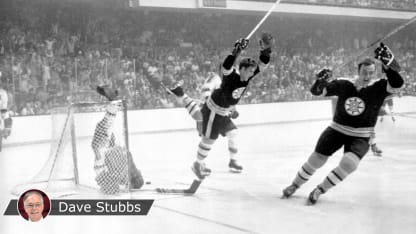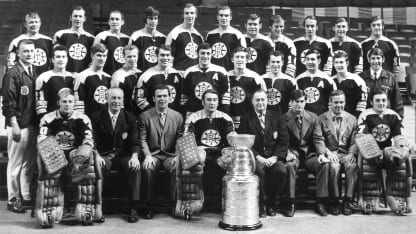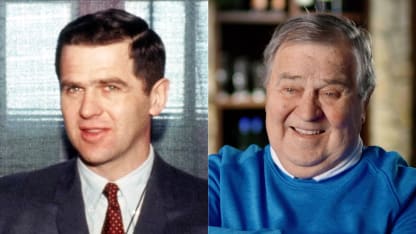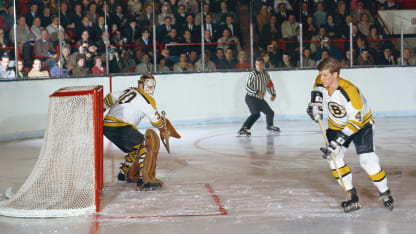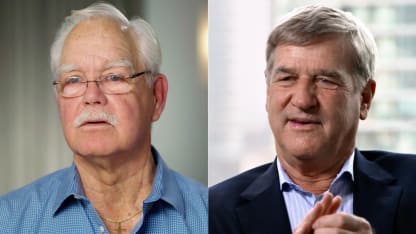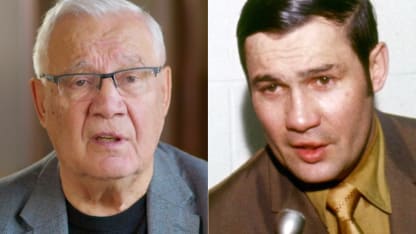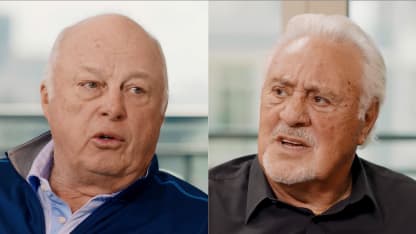There is grainy film, in black and white and color, of No. 4 rushing up ice, braking, reversing direction and pulling back into his own zone, killing a penalty.
There are breathtaking sequences of Orr at full speed and in slow motion, slicing through the opposition with ridiculous ease, undressing checkers, pirouetting, spinning, diving, passing through lanes that don't seem to exist.
There is film of Orr crashing to the ice, injured, and being interviewed in his pajamas as he recovers.
And of course, there is Orr on May 10, 1970 pitchforked into full, glorious flight, having just scored 40 seconds into overtime of Game 4 of the Stanley Cup Final against the St. Louis Blues, a goal and a photo for the ages.
Orr may be the centerpiece of the new documentary, but the production is much more than a highlight reel of a single player. It is an hour-long celebration of a city's enduring love affair with its blue-collar heroes, through plenty of thin leading to the delicious thick.
